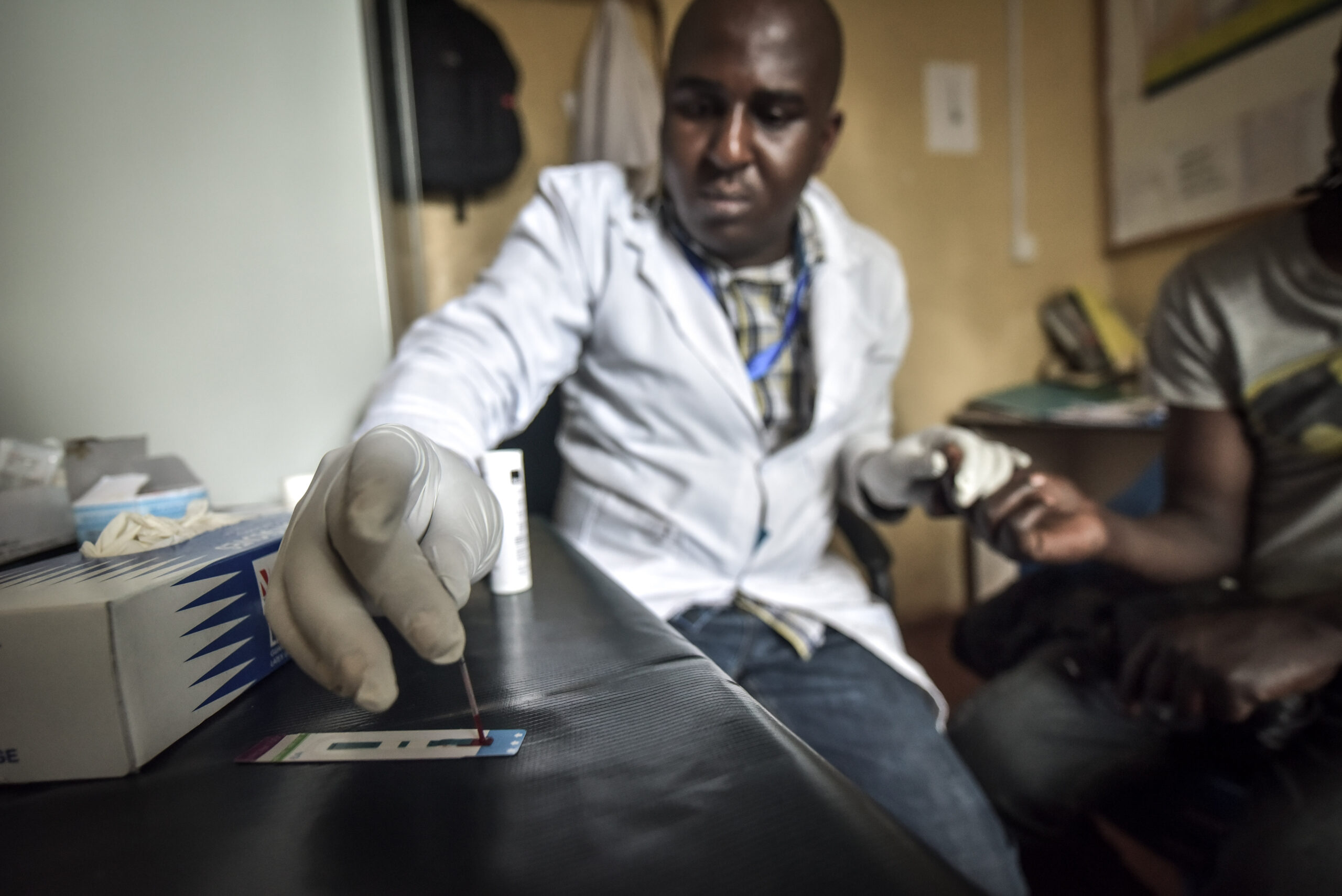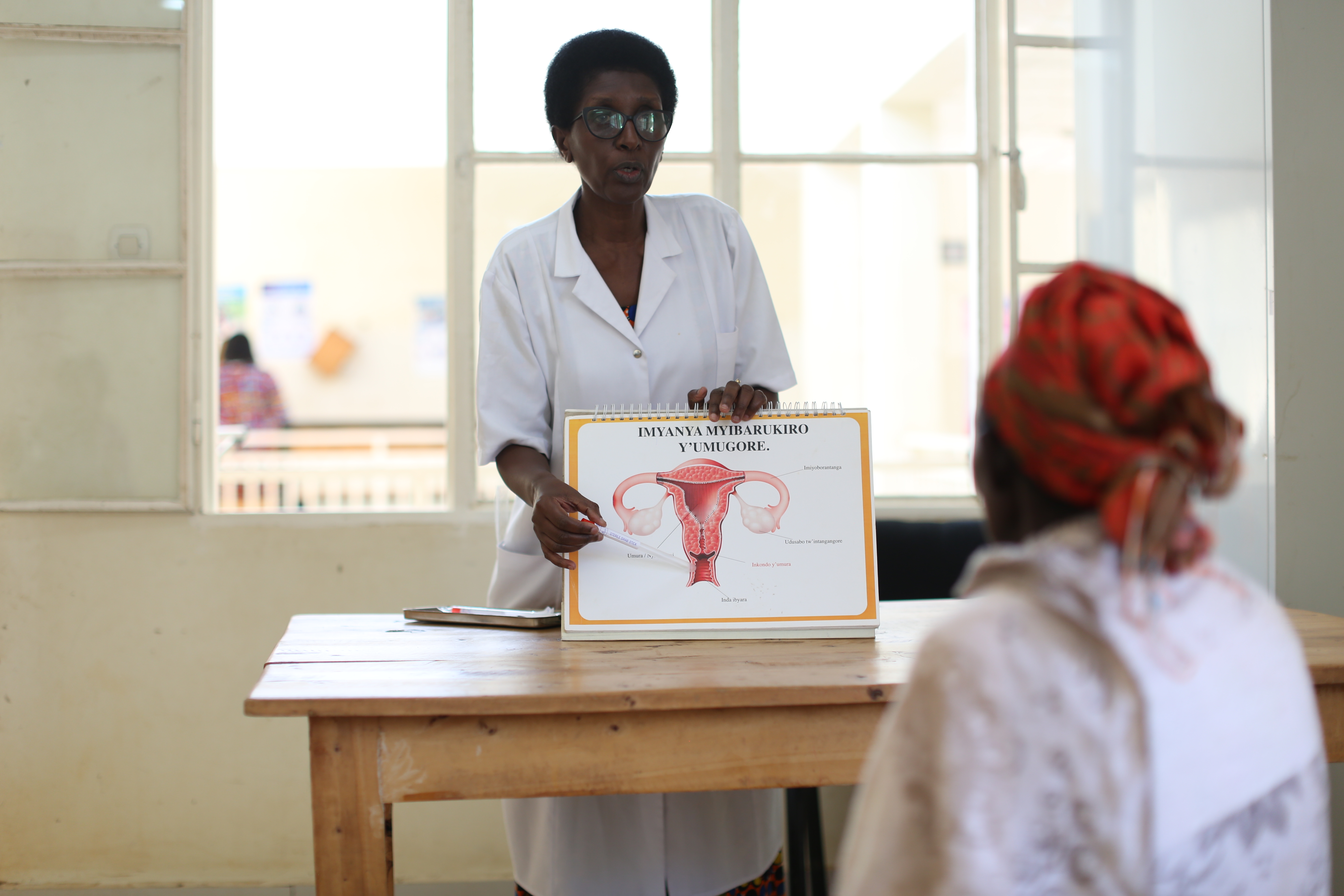The problem
When this project began, less than 5% of people with hepatitis C were diagnosed, far from the World Health Organization’s (WHO) 2030 target of 90%. Existing screening and diagnostic tools for hepatitis C were expensive and sub-optimal, particularly for people coinfected with HIV.
Download the project evaluation:
Our response
This project aimed to introduce new and simpler hepatitis C diagnostics, develop appropriate and cost-effective screening and testing algorithms and increase affordability of testing.
These efforts demonstrated that people with hepatitis C could be diagnosed and treated using simplified models of care which would lower the overall cost of the diagnostic and treatment pathway. Working with FIND, we also supported the development of a core antigen rapid diagnostic test which showed potential to simplify the diagnostic algorithm and enable greater reach of hepatitis C testing.
The grant also generated evidence on feasibility and acceptability of hepatitis C self-testing in low- and middle-income countries, which underpinned WHO’s recommendation of the approach.




